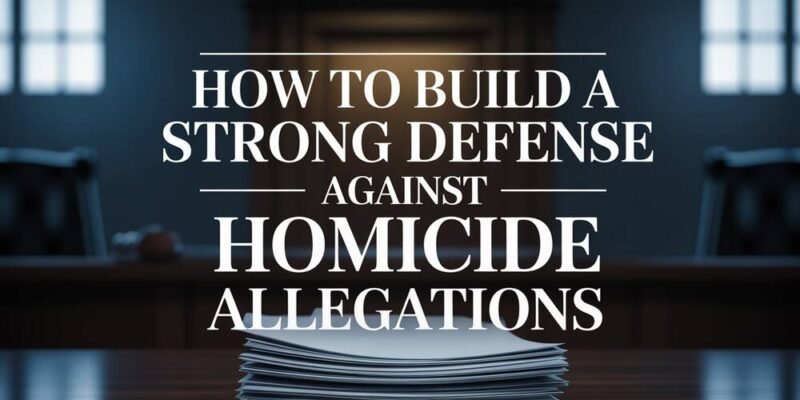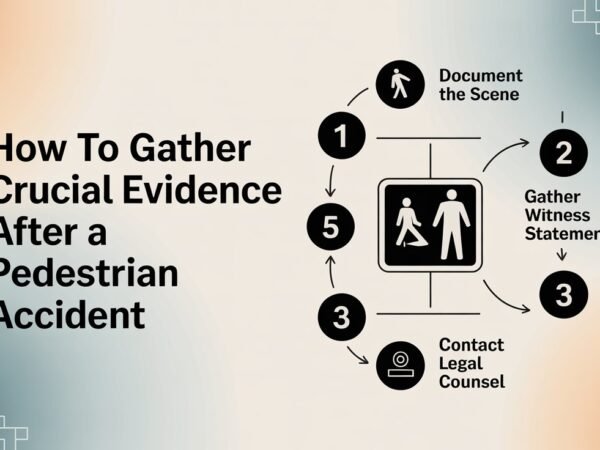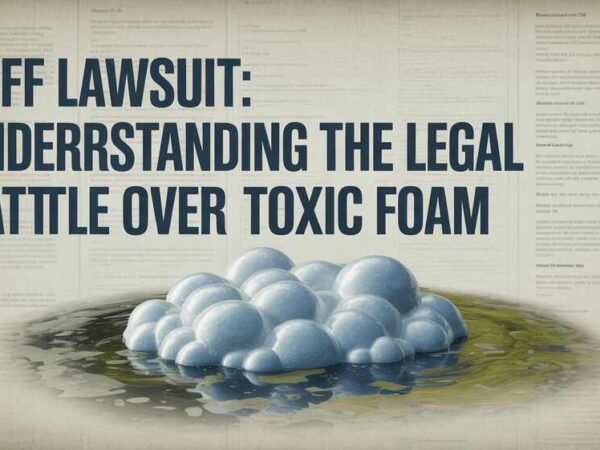Being accused of homicide is one of the most serious situations a person can face. It’s life-changing, frightening, and overwhelming. Everything from your freedom to your future is on the line. The criminal justice system is complex, and a wrong move can exacerbate the situation. That’s why building a strong defense is not just important—it’s necessary.
Homicide is one of the most serious crimes a person can commit. Taking another person’s life is not only a legal violation—it’s a profound moral wrong. The justice system treats these cases with the utmost seriousness because of the irreversible harm involved. Society depends on laws to protect human life, and violating that trust carries severe consequences. While everyone deserves a fair trial and the right to defend themselves, it’s important to remember the gravity of the act at the heart of a homicide case.
If you or someone you care about is facing such a charge, the first thing to remember is this: you still have rights. No matter the accusation, you are innocent until proven guilty. The legal process is long, but the right strategy can make a difference. It’s essential to remain calm and consider seeking legal help to defend against homicide charges. With the right team and information, you can take steps to protect yourself.
Let’s walk through the key steps involved in building a strong defense.
Understand the Charges Against You
The word “homicide” covers several types of charges. There’s murder, which can be first-degree or second-degree. There’s also manslaughter, both voluntary and involuntary. The exact charge will shape your defense.
So, the first step is to know precisely what you’re being accused of. Read the documents. Ask questions. Don’t be afraid to speak up if something doesn’t make sense. Your defense starts with understanding the details.
Hire a Skilled Criminal Defense Lawyer
This is not the kind of case you handle alone. A skilled defense lawyer knows how the system works. They can review the evidence, spot weaknesses in the prosecution’s case, and build a defense that fits your situation.
The earlier you get a lawyer involved, the better. They can speak to police and prosecutors on your behalf. They’ll also guide you through court appearances and help protect your rights.
Stay Silent Until You Have Legal Advice
Anything you say can be used against you. That’s not just a phrase you hear on TV—it’s real. If the police want to question you, politely tell them that you want a lawyer.
Do not try to explain yourself. Do not try to “clear things up.” Even small details can be misunderstood or twisted. Protect yourself by staying silent until you’ve spoken to your lawyer.
Gather and Preserve Evidence
Evidence is key in any criminal case. Your lawyer will work to find witnesses, review footage (if any), and gather documents that support your version of events. But you can help too.
If you remember someone who saw what happened, tell your lawyer. If you have texts, emails, or anything that proves your side of the story, save it. The more information you have, the better your chances of showing what happened.
Explore All Legal Defenses
Not every homicide charge is the same. Sometimes, people act in self-defense. Other times, they’re in the wrong place at the wrong time. In some cases, the evidence is weak or flawed.
Your lawyer will look at all possible defenses. They may argue that you were defending yourself or that you didn’t have the intent to kill. In some situations, they might challenge how the police handled the investigation.
Stay Patient and Focused
Homicide cases take time. There may be delays. Hearings. Emotions will run high. But you need to stay focused on your defense. Follow your lawyer’s advice. Show up to court. Keep records of everything. Your cooperation can go a long way in helping your case.
Conclusion
A homicide allegation can turn your world upside down. But remember this—being accused is not the same as being guilty. You have the right to defend yourself. With the right help, a clear plan, and strong legal support, you can fight the charge and work toward the best possible outcome.
Do Read: Branson Nantucket Lawsuit: Unpacking the Timeshare Controversy













